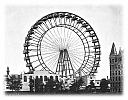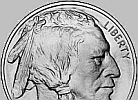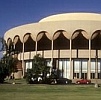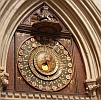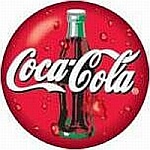When I tell people that circles are the mother of all inventions, the first thing they ask is, “circles are inventions?”
Yes, a circle isn’t something that exists in nature. It isn’t something that people discovered like gold or the new lands of America. It is a mental construct, a symbolic representation that was invented much the same as language and the alphabet.
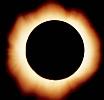 There is no way to be certain, but anthropologists generally agree that the circle was created long before recorded history. It is quite likely that it was drawn by a stick in the sand. With the sun being a constant in early man’s existence and the source of all life, it is quite likely that the first circle represented the sun.
There is no way to be certain, but anthropologists generally agree that the circle was created long before recorded history. It is quite likely that it was drawn by a stick in the sand. With the sun being a constant in early man’s existence and the source of all life, it is quite likely that the first circle represented the sun.
Through the years man’s understanding of the circle has evolved substantially with Euclidean geometry being its crowning point of technological understanding. (Having said that, I assure you this blog is not going to be about mathematics or boring scientific equations.)
What we will say that is without the rudimentary understanding of circles, the world would not be anything like it is today. Without circles, there would be no wheel, which is man’s crowning achievement dating back to the Neolithic Age (circa 9500 BC).
The three other great achievements are the ability to make fire, the agriculture of crops, and the domestication of animals. While the circle didn’t have any direct bearing on these advancements, the understanding of circles certainly contributed to their proliferation and expansion.
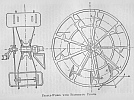 Besides the wheel, pulleys, gears, ball bearings and a thousand other items we take for granted wouldn’t exist. And of course we would never have the pleasure of driving a car, riding a Ferris wheel, or watching the moon landing on our television set.
Besides the wheel, pulleys, gears, ball bearings and a thousand other items we take for granted wouldn’t exist. And of course we would never have the pleasure of driving a car, riding a Ferris wheel, or watching the moon landing on our television set.
If you look through any old patent claim, you will most likely find the repeated use of circles, spheres, curves, arches, etc. They are an intrical component in the invention of almost everything that we see around us.
I had a microbiologist challenge me that his field didn’t have much use for circles. Not knowing anything about microbiology, I asked him what was the shape of the lens in his microscope.
The circle is the most primitive and rudimentary of all human inventions, and at the same time, the most dynamic. It is the cornerstone in the foundation of science and technology. It is the basic tool of all engineers and designers. It is used by the greatest artists and architects in the history of mankind.
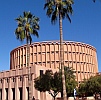 And it doesn’t exist except in our mental construct. It is a symbol, not a thing. We talk about it in every language on earth. It is written about in millions of textbooks and all over the Internet, and yet we cannot put it in a wheel barrel. It doesn’t exist in a three dimensional world or even a two dimensional world. It is merely a representation.
And it doesn’t exist except in our mental construct. It is a symbol, not a thing. We talk about it in every language on earth. It is written about in millions of textbooks and all over the Internet, and yet we cannot put it in a wheel barrel. It doesn’t exist in a three dimensional world or even a two dimensional world. It is merely a representation.
Immanuel Kant’s famous phrase “ding an sich” applies to the circle. A circle is not a “thing-in-itself.” It is a semantic fabrication that exists only in our imagination. As Alfred Korzybski, the father of General Semantics, would say, it is “the map, not the territory.”
But here we are getting off on a philosophical tangent that might be subject to a future blog entry. For now let’s just say that circles are everything and they are nothing. They don’t exist in reality and yet they are the basis of all that mankind has brought into existence. That is why I think the circle is so fantastic and why I hope you will follow along with me on this blog.
Boz
